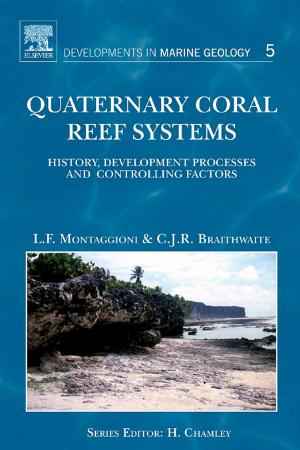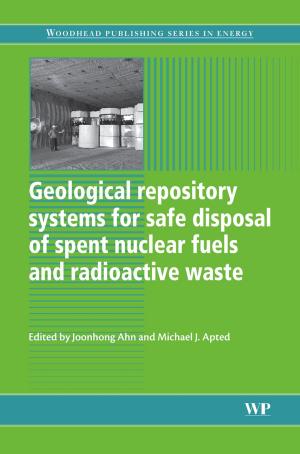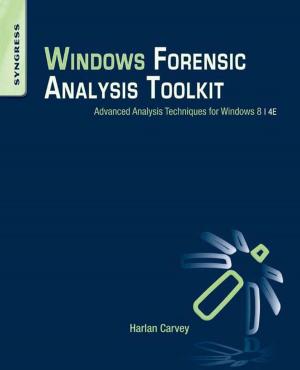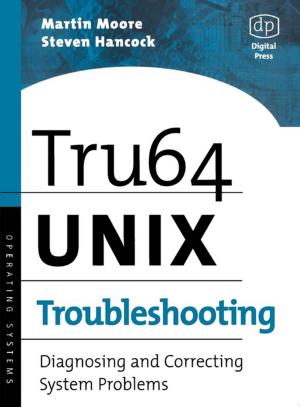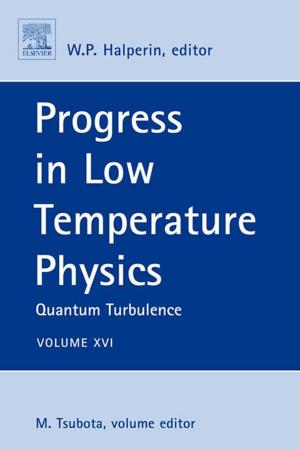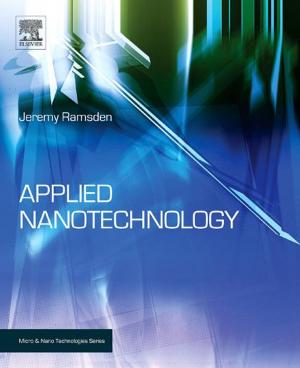Advances in Gold Ore Processing
Nonfiction, Science & Nature, Technology, Metallurgy, Science, Earth Sciences, Geology| Author: | ISBN: | 9780080459080 | |
| Publisher: | Elsevier Science | Publication: | December 2, 2005 |
| Imprint: | Elsevier Science | Language: | English |
| Author: | |
| ISBN: | 9780080459080 |
| Publisher: | Elsevier Science |
| Publication: | December 2, 2005 |
| Imprint: | Elsevier Science |
| Language: | English |
The gold processing industry is experiencing change. As free-milling and oxide ores become depleted, more complex polymetallic and refractory ores are being processed, coupled with increasing pressure for stricter environmental compliance. Recent years have also seen a steady reduction in mineral processing and metallurgy graduates and a gradual loss of older operating experience. A contribution to documenting current and future best practice in gold ore processing seems timely.
The focus of this volume is on advances in current gold plant operation, from conception to closure; chapters also cover innovations at the bench and pilot-scale level that would be expected to find commercial application at some stage. Sufficient coverage is also given to the chemistry and engineering aspects. The general principle behind the structure of the volume is that of flowsheeting based on unit operations and applied to a mineralogical classification of gold ore types. From concept to closure, this book covers all unit operations, mineralogies and processes that are relevant to dealing with today's complex orebodies.
Practical experience is vital to the successful development, operation and closure of any operation. The 42 chapters have been contributed by a total of 66 authors and co-authors who are experts from countries spanning the globe, and representing exhaustive practical knowledge covering many disciplines relevant to gold processing.
* Current best practice as elucidated by a select panel of experts in the field
* Innovations at the bench and pilot-scale level that would be expected to find commercial application at some stage
* Mineralogical-based approach to flowsheeting
The gold processing industry is experiencing change. As free-milling and oxide ores become depleted, more complex polymetallic and refractory ores are being processed, coupled with increasing pressure for stricter environmental compliance. Recent years have also seen a steady reduction in mineral processing and metallurgy graduates and a gradual loss of older operating experience. A contribution to documenting current and future best practice in gold ore processing seems timely.
The focus of this volume is on advances in current gold plant operation, from conception to closure; chapters also cover innovations at the bench and pilot-scale level that would be expected to find commercial application at some stage. Sufficient coverage is also given to the chemistry and engineering aspects. The general principle behind the structure of the volume is that of flowsheeting based on unit operations and applied to a mineralogical classification of gold ore types. From concept to closure, this book covers all unit operations, mineralogies and processes that are relevant to dealing with today's complex orebodies.
Practical experience is vital to the successful development, operation and closure of any operation. The 42 chapters have been contributed by a total of 66 authors and co-authors who are experts from countries spanning the globe, and representing exhaustive practical knowledge covering many disciplines relevant to gold processing.
* Current best practice as elucidated by a select panel of experts in the field
* Innovations at the bench and pilot-scale level that would be expected to find commercial application at some stage
* Mineralogical-based approach to flowsheeting

